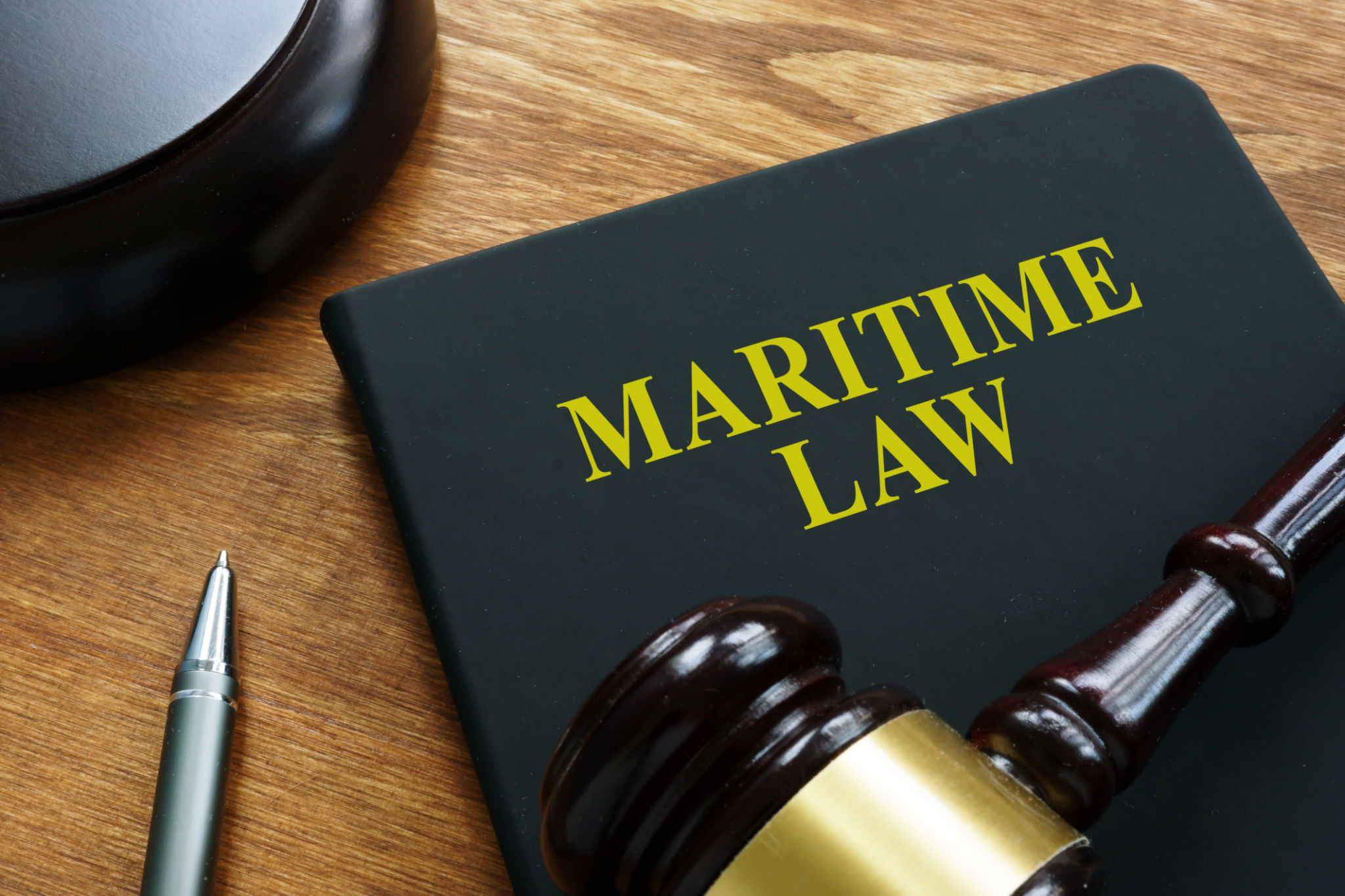Navigating the Complexities of Sailing Yacht Management
Understanding the Basics of Yacht Management
Managing a sailing yacht involves a unique set of challenges and responsibilities. Whether you're an owner or a professional manager, ensuring the smooth operation and maintenance of a yacht requires a deep understanding of both the technical aspects and the lifestyle associated with yachting. Proper management ensures not only the safety of those on board but also the longevity and value of the vessel.
The first step in effective yacht management is understanding the specific needs of your yacht. This includes everything from routine maintenance to legal compliance. Each yacht has its own set of requirements based on size, age, and usage, making tailored management plans essential.

Maintenance and Upkeep
Regular maintenance is crucial for the safe and efficient operation of any yacht. This includes everything from engine checks to sail inspections. Creating a comprehensive maintenance schedule ensures that all systems are functioning optimally and helps prevent costly repairs down the line.
Part of maintenance involves keeping the yacht clean and well-organized. This not only enhances the aesthetics but also promotes safety and efficiency on board. A clean yacht is more enjoyable for both guests and crew, contributing to a positive experience at sea.

Technical Considerations
Yacht management also involves a keen understanding of the technical systems on board. This includes navigation equipment, communication systems, and power management. Keeping these systems updated and in good working order is essential for ensuring smooth sailing and safety at sea.
Legal and Compliance Issues
Navigating the legal landscape is another critical aspect of yacht management. Owners and managers must be aware of international maritime laws, as well as any specific regulations that apply to the regions where the yacht will be sailing. This includes registration, insurance, and customs requirements.
Ensuring compliance with these regulations not only protects the yacht from legal issues but also ensures the safety and security of everyone on board. Hiring a professional who specializes in maritime law can be beneficial in managing these complexities.

Crew Management and Training
Having a well-trained crew is essential for the successful operation of any sailing yacht. Crew members should be knowledgeable about safety procedures, emergency protocols, and day-to-day operations on board. Regular training sessions can help keep skills sharp and ensure that everyone is prepared for any situation that might arise.
Effective communication between the crew and management is also crucial. Establishing clear roles and responsibilities can help prevent misunderstandings and ensure that the yacht operates smoothly.

Financial Management
Managing a yacht also involves careful financial planning. This includes budgeting for maintenance, crew salaries, fuel, docking fees, and any unexpected expenses that may arise. Keeping accurate financial records can help in monitoring expenditures and making informed decisions about future investments in the yacht.
Many yacht owners choose to work with specialized financial advisors to manage their assets effectively. This can provide peace of mind knowing that both short-term needs and long-term goals are being met.
Embracing Technology
The use of technology in yacht management is becoming increasingly important. From advanced navigation systems to onboard entertainment, integrating modern technology can enhance both safety and enjoyment. Additionally, using software solutions for scheduling maintenance, managing inventory, and tracking expenses can streamline operations.
As technology continues to evolve, staying updated with the latest advancements can provide a competitive edge in yacht management, ensuring that your vessel remains at the forefront of innovation.

